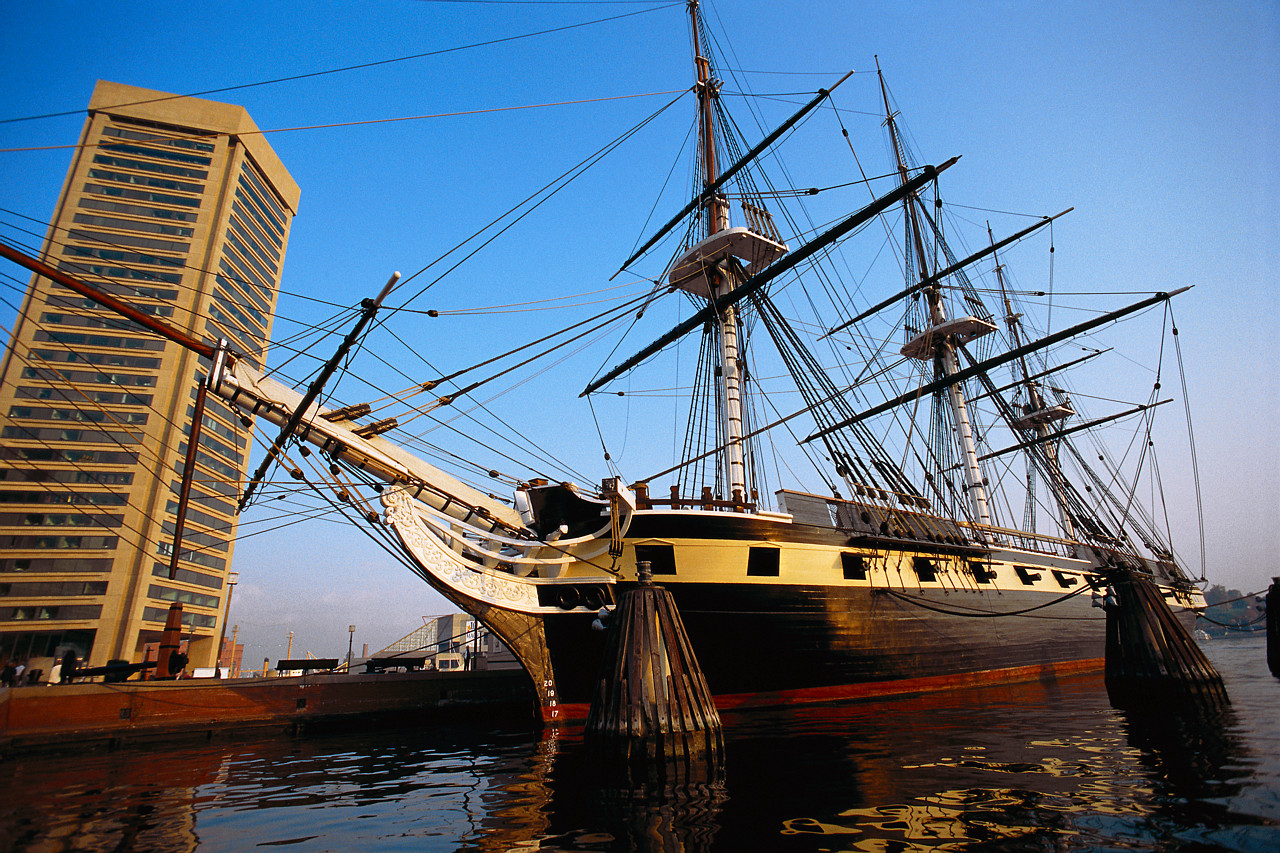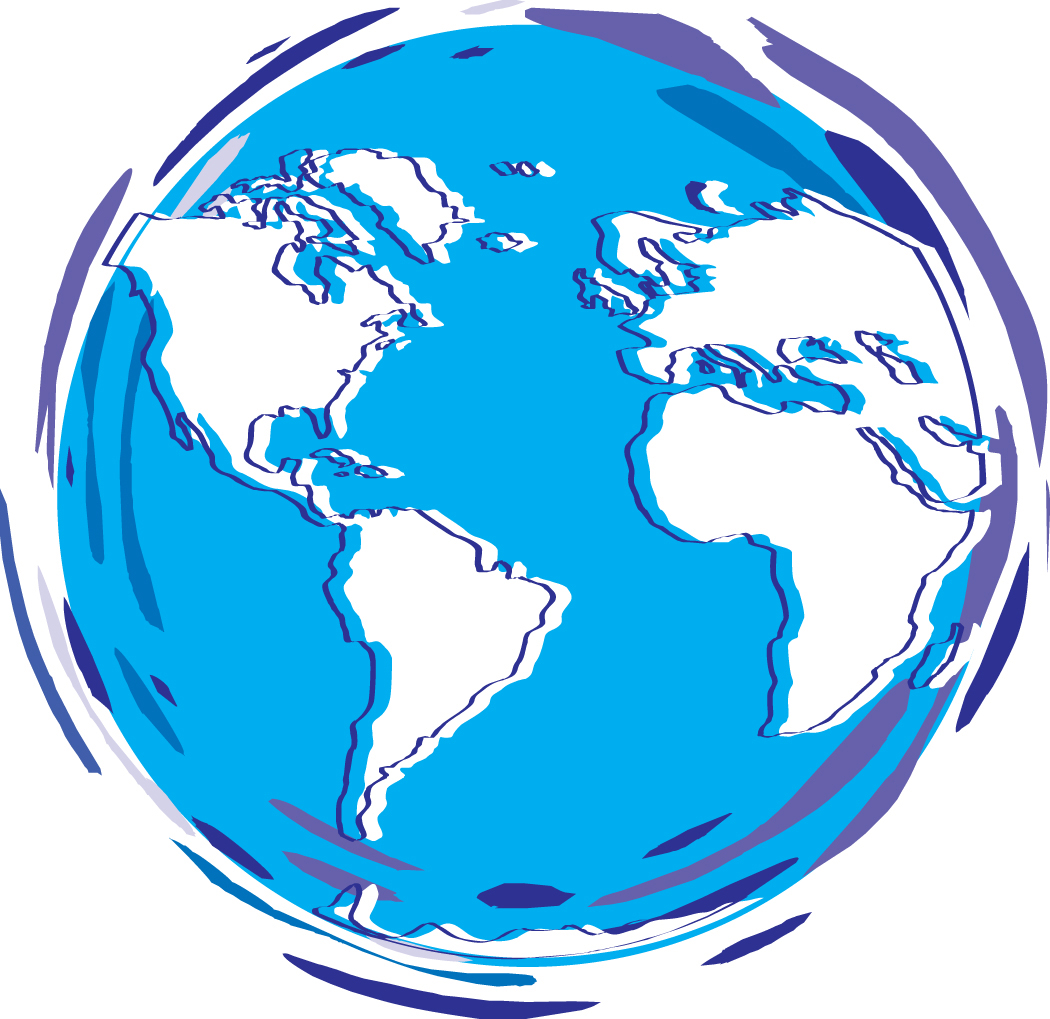Across the Wide Dark Sea
by Jean Van Leeuwen
Illustrated by Thomas B. Allen
I stood close to my father as the anchor was pulled dripping from the sea. Above us, white sails rose against a bright blue sky. They fluttered, then filled with wind. Our ship began to move.
My father was waving to friends on shore. I looked back at their faces growing smaller and smaller, and ahead at the wide dark sea. And I clung to my father’s hand. We were off on a journey to an unknown land.
The ship was packed tight with people - a hundred, my father said. We were crowded below deck in a space so low that my father could barely stand upright, and so cramped that we could scarcely stretch out to sleep.
Packed in tight, too, was everything we would need in the new land: tools for building and planting, goods for trading, guns for hunting. Food, furniture, clothing, books. A few crates of chickens, two dogs, and a striped orange cat.
Our family was luckier than most. We had a corner out of the damp and cold. Some had to sleep in the ship’s small work boat.
The first days were fair, with a stiff wind. My mother and brother were seasick down below. But I stood on deck and watched the sailors hauling on ropes, climbing in the rigging, and perched at the very top of the mast, looking out to sea. What a fine life it must be, I thought, to be a sailor.
One day clouds piled up in the sky. Birds with black wings circled the ship, and the choppy sea seemed angry. “Storm’s coming,” I heard a sailor say. We were all sent below as the sailors raced to furl the sails.
Then the storm broke. Wind howled and waves crashed. The ship shuddered as it rose and fell in seas as high as mountains. Some people were crying, others praying. I huddled next to my father afraid in the dark. How could a ship so small and helpless ever cross the vast ocean?
The sun came out. We walked on deck and dried our clothes. But just when my shoes felt dry at last, more clouds gathered. “Storm’s coming,” I told my father.
So the days passed, each one like the last. There was nothing to do but eat our meals of salt pork, beans, and bread, tidy up our cramped space, sleep when we could and try to keep dry. When it was not too stormy, we climbed on deck to stretch our legs. But even then we had to keep out of the sailors’ way. How I longed to run and jump and climb!
Once during a storm a man was swept overboard. Reaching out with desperate hands, he caught hold of a rope and clung to it. Down he went under the raging foaming water. Then miraculously, up he came. Sailors rushed to the side of the ship. Hauling on the rope, they brought him in close and with a boat hook plucked him out of the sea. And his life was saved.
Storm followed storm. The pounding of wind and waves caused on of the main beams to crack, and our ship began to leak. Worried, the men gathered in the captain’s cabin to talk of what to do. Could our ship survive another storm? Or must we turn back? They talked for two days, but could not agree.
Then someone thought of the iron jack for raising houses that they were taking to the new land. Using it to lift the cracked beam, the sailors set a new post underneath, tight and firm, and patched all the leaks. And our ship sailed on.
For six weeks we had traveled, and still there was no land in sight. Now we were always cold and wet. Water seeping in from above put out my mother’s cooking fire, and there was nothing to eat but hard dry biscuits and cheese. My brother was sick, and many others too. And some began to ask why we had left our safe homes to go on this endless journey to an unknown land.
Why? I also asked the question of my father that night. “We are searching for a place to live where we can worship God in our own way,” he said quietly. “It is this freedom we seek in a new land. And I have faith that we will find it.” Looking at my father, so calm and sure, suddenly I too had faith that we would find it. Still the wide dark sea went on and on. Eight weeks. Nine.
Then one day a sailor, sniffing the air, said “Land’s ahead.” We dared not believe him. But soon bits of seaweed floated by. Then a tree branch. And a feather from a land bird. Two days later at dawn I heard the lookout shout, “Land ho!”
Everyone who was well enough to stand crowded on deck. And there through the gray mist we saw it: a low dark outline between sea and sky. Land! Tears streamed down my mother’s face, yet she was smiling. Then everyone fell to their knees while my father said a prayer of thanksgiving. Our long journey was over.
The ship dropped anchor in a quiet bay, circled by land. Pale yellow sand and dark hunched trees were all we saw. And all we heard was silence. What lurked among those trees? Wild beasts? Wild men? Would there be food and water, a place to take shelter? What waited for us in this new land?
A small party of men in a small boat set off to find out. All day I watched on deck for their return. When at last they rowed into sight, they brought armfuls of firewood and tales of what they had seen: forests of fine trees, rolling hills of sand, swamps and ponds and rich black earth. But no houses or wild beasts or wild men. So all of us went ashore.
My mother washed the clothes we had worn for weeks beside a shallow pond, while my brother and I raced up and down the beach.
We watched whales spouting in the sparkling blue bay and helped search for firewood. And we found clams and mussels, the first fresh food we had tasted in two months. I ate so many I was sick.
Day after day the small party set out from the ship, looking for just the right place to build our settlement. The days grew cold. Snowflakes danced in the wind. The cold and damp made many sick again. Drawing his coat tightly around him, my father looked worried. “We must find a place,” he said, “before winter comes.”
One afternoon the weary men returned with good news. They had found the right spot at last. When my father saw it, he smiled. It was high on a hill, with a safe harbor and fields cleared for planting and brooks running with sweet water. We named it after the town from which we had sailed, across the sea.
It was December now, icy cold and stormy. The men went ashore to build houses, while the rest of us stayed on board ship. Every fine day they worked. But as the houses of our settlement began to rise, more and more of our people fell sick. And some of them died. It was a long and terrible winter.
We had houses now, small and rough. Yet the storms and sickness went on. And outside the settlement, Indians waited, seldom seen but watching us.
My father and mother nursed the sick, and my father led prayers for them. But more and more died. Of all the people who had sailed for the new land, only half were left.
One morning in March, as I was gathering firewood, I heard a strange sweet sound. Looking up, I saw birds singing in a white birch tree. Could it be that spring had come at last? All that day the sun shone warm, melting the snow. The sick rose from their beds. And once more the sound of axes and the smell of new-split wood filled the air. “We have done it,” my father said. “We have survived the winter.”
But now the Indians came closer. We found their arrows, and traces of their old houses. We caught sight of them among the trees. Our men met to talk of this new danger. How could so small a settlement defend itself?
Cannons were mounted on top of the hill, and the men took turn standing guard. Then one day an Indian walked into the settlement. Speaking to us in our own language, he said, “Welcome.”
Our Indian friend came back and brought his chief. We all agreed to live in peace. And one of the Indians stayed with us, teaching us where to find fish in the bubbling brooks, and how to catch them in traps, and how to plant Indian corn so that next winter we would have enough to eat. My father and I worked side by side, clearing the fields, planting barley and peas and hills of corn.
Afterward I dug a garden next to our house. In it we planted the seeds we had brought from home: carrots and cabbages and onions and my mother’s favorite herbs, parsley, sage, chamomile, and mint. Each day I watched, until something green pushed up from the dark earth. My mother laughed when she saw it. “Perhaps we may yet make a home in this new land,” she said.
On a morning early in April our ship sailed back across the sea. We gathered on shore to watch it go. The great white sails filled with wind, then slowly the ship turned and headed out into the wide dark sea. I watched it growing smaller and smaller, and suddenly there were tears in my eyes. We were all alone now.
Then I felt a hand on my shoulder. “Look,” my father said, pointing up the hill.
Spread out above us in the soft spring sunshine was our settlement: the fields sprouting with green, the thatch-roofed houses and neatly fenced gardens, the streets laid out almost like a town.
“Come,” my father said. “We have work to do.” With his hand on my shoulder we walked back up the hill.

